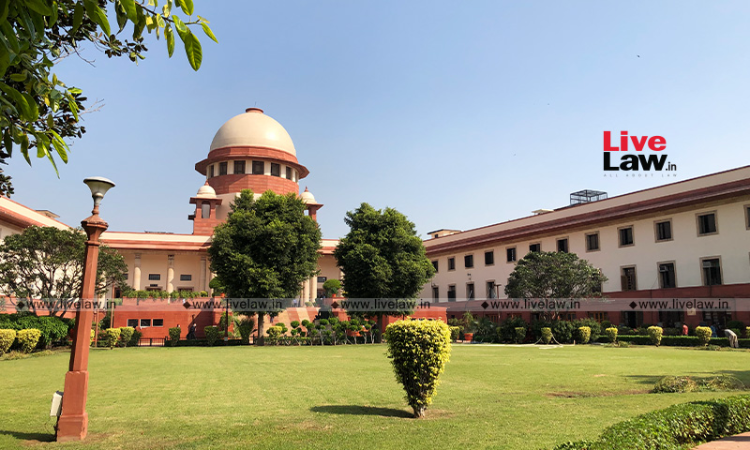The Supreme Court has observed that it is not obligatory on the part of the Court to issue a fully reasoned order for taking cognizance on the basis of a police report(Case : Pradeep S Wodeyar versus Union of India). A bench comprising Justice DY Chandrachud, Justice Vikram Nath and Justice BV Nagarathna was deciding an appeal filed against a judgment of the Karnataka High Court which...

